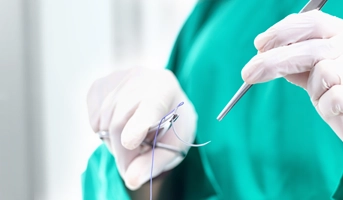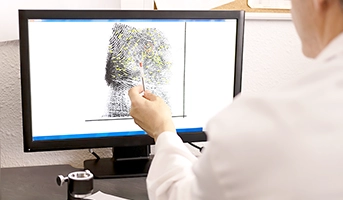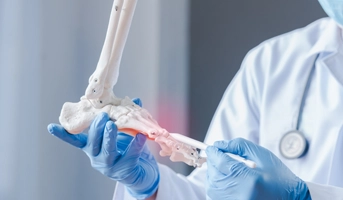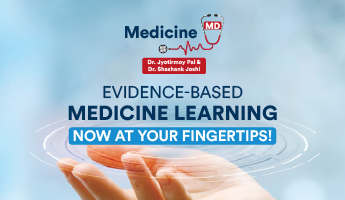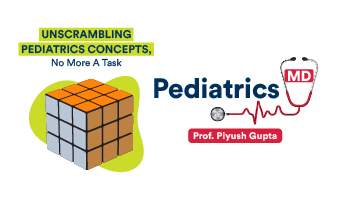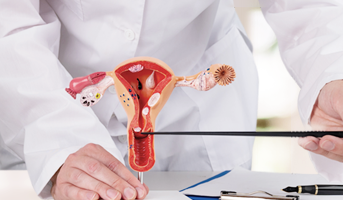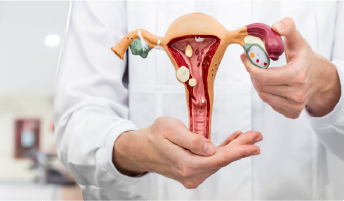Medicine is regarded as a respected and lucrative career option by young professionals across the globe. However, becoming a doctor is not easy. Preparing for medical entrance exams is an uphill task. Adding to that the overall pressure and the expectations are enough to stress out any student. It is essential to know the most efficient manner to prepare which yields the best results without being overwhelmed.
Here are a few medical study tips for medical students on how to prepare for the MBBS exam:
- Strengthening Core Concepts
A common mistake medical students make while preparing for the MBBS exam is trying to memorize concepts instead of understanding them. To score well, students must have a good basic understanding of concepts. This can be achieved by strengthening your core concepts and building a solid foundation when you start preparing for the MBBS exam.
This will not only help you in your MBBS 1st-year exam preparation but also form a base so you don’t have to re-learn concepts while preparing for subsequent exams, such as the final year MBBS exam preparation and the NEET PG.
- Read and Study from Standard Books
Standard books clearly explain all concepts which are required to help build a solid foundation while preparing for MBBS exams, along with helping students develop easy ways of analyzing questions and problems. Standardized books and authors dive deep into each concept and explain the reasoning behind each of the facts, which helps you to study for MBBS exams. A good study tip for MBBS exams is to first use standard books and authors to grasp and develop an understanding of concepts, and then use guidebooks to revise and refresh your memory during 2nd year MBBS exam preparation.
- Review concepts with MCQs and Practice Questions
One major error that students make when preparing for exams is to spend a lot of their time on passive learning – i.e., reading learning material, notes, and watching lectures. An easy tip for MBBS students is to spend less time on passive learning and focus more on practical assessment techniques like doing practice tests and MCQs.
Multiple-choice questions are a quick way to gauge your understanding of a concept of the subject before moving to the next chapter. MCQs test analytical skills where students must skillfully eliminate wrong options. Solving MCQs after reading and understanding a topic ensures that you grasp each of the concepts.
Another helpful MBBS study tip is to try and integrate your subjects as much as possible. Instead of isolating each concept, students should try and understand how each subject correlates with one another because medicine is nothing but a combination of basic subjects. Integrating your understanding of basic subjects will help you further analyze and understand more complex topics in your medical studies.
- Focus on Practical Applications
When students start thinking about how to prepare for an exam, the first thing that comes to mind is memorizing theory. Learning concepts based on a theoretical understanding is necessary, but a practical understanding can help strengthen all theoretical concepts through an application-based approach. Practical assessments also often require a fair amount of practice, and therefore, while preparing for MBBS exams, a knowledge of practical skills is essential. Practical applications coupled with practice exam question papers will ensure that you have a strong grasp of all concepts, thereby, building your understanding of theoretical concepts.
- Don’t Spend All Your Time on Your Studies
To ensure you stay happy and healthy through medical school, it is important to go out and have some fun. Don’t let medical school take over your life and maintaining a few hobbies will ensure your stress levels stay low. When your life is well-balanced, you can focus better on your studies instead of getting bogged down and stressed out by your course material.
Easy tips for MBBS students to enjoy medical school, is to ensure you balance out your studies and hobbies. Make sure you schedule at least one hour of fun or hobbies into your day. Planning your day out can help you ensure that you can have fun while also staying on top of your course material and revisions.
Frequently Asked Questions
Q1 ) How many hours should an MBBS student study?
Ans. Ideally, 7-9 hours a day is enough to study at MBBS. Top graded MBBS online study material can help you understand the concepts better and prepare the subjects easily. You can find trusted content along with guidance by India’s top faculty on online medical learning apps that provide conceptual clarity; the most recommended being DigiNerve.
The app provides Microbiology video lectures by Dr. Apurba Sastry, Pathology video lectures by Prof. Harsh Mohan & Prof. Ramadas Nayak, SRB’s Surgery video lectures, and Dr. Archith Boloor’s Medicine video lectures, Pediatrics video lectures by Dr. Santosh T Soans and many more to give students an unparalleled experience.
Q2 ) Is studying MBBS difficult?
Ans. Studying MBBS is not at all difficult if a medical student has the right guidance. One has to study smart, be persistent in efforts, and must have a clear knowledge of concepts. MBBS lecture notes can help students understand complex concepts easily. They can also access video lectures by India’s most sought-after faculty including their textbook authors online with DigiNerve to get conceptual clarity.
Q3 ) What is the easiest way to study MBBS?
Ans. There is no easy way to study MBBS as there is no alternative to hard work and learning from the trusted study material. Make your efforts count by subscribing to DigiNerve’s online MBBS courses. With ample video lectures, practice MCQs and notes, get conceptual clarity from India’s top faculty such as Dr. Apurba Sastry, Prof. Harsh Mohan, Prof. Ramadas Nayak, and Dr. Sriram Bhat, Dr. Archith Boloor, Dr. Santosh T Soans and many more.





